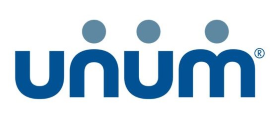Inland Marine Insurance
What is Inland Marine Insurance?
The term “inland marine insurance” might seem confusing at first, as it conjures images of boats and ships. However, it has little to do with water transportation. Instead, this type of insurance focuses on protecting movable property and equipment during transportation or storage. In essence, inland marine insurance is a specialized form of property insurance that covers items not typically covered by standard commercial property insurance.
What Does Inland Marine Insurance Cover?
Inland marine insurance provides coverage for various types of property, including:
- Goods and equipment in transit: This coverage protects items being transported by truck, rail, or air, both domestically and internationally.
- Mobile equipment: This includes construction equipment, medical equipment, and other types of mobile machinery.
- Bailee’s customer coverage: This covers property that is in the care, custody, or control of your business, such as items being repaired or stored.
- Fine art: This coverage is designed for galleries, museums, and private collectors to protect valuable artwork, sculptures, and other artistic pieces.
- Builder’s risk: This coverage protects construction projects and buildings under construction from damage or loss.
It is important to note that inland marine insurance policies can vary significantly, so it is crucial to thoroughly review your policy to understand what is and isn’t covered.
Types of Inland Marine Equipment Insurance
There are several types of inland marine equipment insurance policies available, depending on the specific needs of your business. These include:
- Contractors’ equipment coverage: This policy is designed for businesses that own, rent, or lease construction equipment. It covers tools, machinery, and other equipment used in construction or contracting operations.
- Installation coverage: This policy is designed for businesses that install equipment or machinery at customers’ premises. It covers materials, equipment, and supplies used during the installation process.
- Electronic data processing coverage: This policy covers computer systems, servers, and other electronic equipment used for data processing and storage. It offers protection against damage, theft, and other perils.
- Motor truck cargo coverage: This policy is designed for businesses that transport goods for others. It covers cargo while it is being transported by truck or other vehicles.
Again, it is essential to review your policy carefully to ensure it provides the necessary coverage for your specific business operations.
How to Determine if Your Business Needs Inland Marine Insurance
To determine if your business needs inland marine insurance, consider the following questions:
- Does your business own, rent, or lease expensive equipment or machinery?
- Do you transport goods or equipment, either for your own business or on behalf of others?
- Do you store valuable items, such as fine art or antiques, either on your premises or at off-site locations?
- Are you involved in construction or installation projects?
If you answered “yes” to any of these questions, your business would likely benefit from inland marine insurance coverage.
Common Misconceptions about Inland Marine Insurance
There are several misconceptions about inland marine insurance that can lead to confusion and inadequate coverage. Some of the most common misconceptions include:
- Inland marine insurance only covers water-related risks: As previously mentioned, inland marine insurance covers a wide range of risks, not just those related to water transportation.
- Standard commercial property insurance provides sufficient coverage: While commercial property insurance covers many risks, it often excludes coverage for movable property, which is where inland marine insurance comes into play.
- Inland marine insurance is only for large businesses: Businesses of all sizes can benefit from inland marine insurance, particularly those with valuable equipment, goods, or property that is frequently transported or stored off-site.
Factors Affecting the Cost of Inland Marine Insurance
The cost of inland marine insurance varies depending on several factors, including:
- Type of property being insured: The type and value of the property being insured will have a significant impact on the cost of your policy. High-value items, such as fine art or expensive equipment, will typically result in higher premiums.
- Location: The location of your business and the areas in which you operate can affect your policy’s cost. Businesses located in areas prone to severe weather, theft, or other hazards may face higher premiums.
- Coverage limits and deductibles: The coverage limits and deductibles you choose for your policy will directly impact the cost. Higher limits and lower deductibles will generally result in higher premiums.
- Business operations: The nature of your business operations and the specific risks associated with your industry will also affect your policy’s cost. Businesses with a higher risk of loss or damage will typically pay higher premiums.
Now that you have a better understanding of inland marine insurance, it’s time to take action. Contact us today] to receive a quote and discuss how inland marine insurance can benefit your business.
The History and Evolution of Inland Marine Insurance
Inland marine insurance has its roots in the marine insurance industry, which dates back to the 17th century. As trade and commerce expanded, so too did the need for insurance coverage for goods transported over land. Early inland marine policies were designed to cover goods transported by wagon, rail, and later, motor vehicles.
Over time, inland marine insurance has evolved to encompass a wide range of movable property, from construction equipment to fine art. Today, it is a critical component of many businesses’ insurance portfolios, providing essential protection for valuable assets.
Schedule a Call to Start
Once we receive your information, our team will contact you to discuss your policy options. Our goal is to make sure you are correctly insured and to provide you with the same or better coverage at the best price possible.
Request A Quote
"*" indicates required fields



























